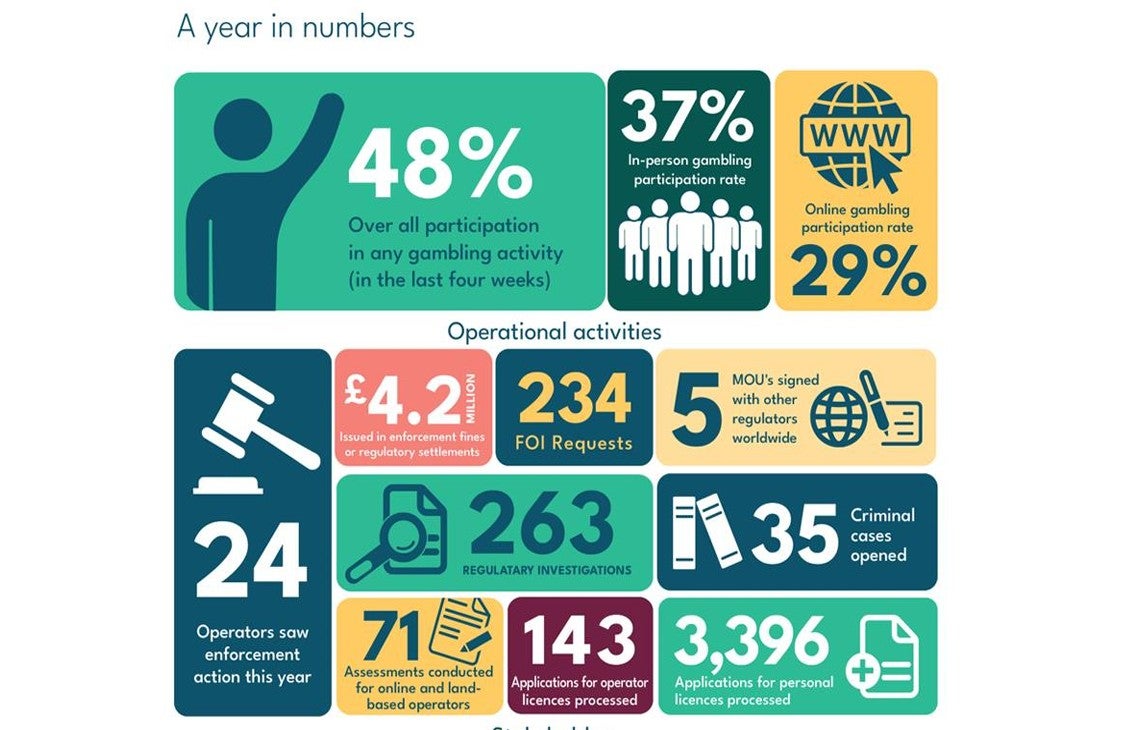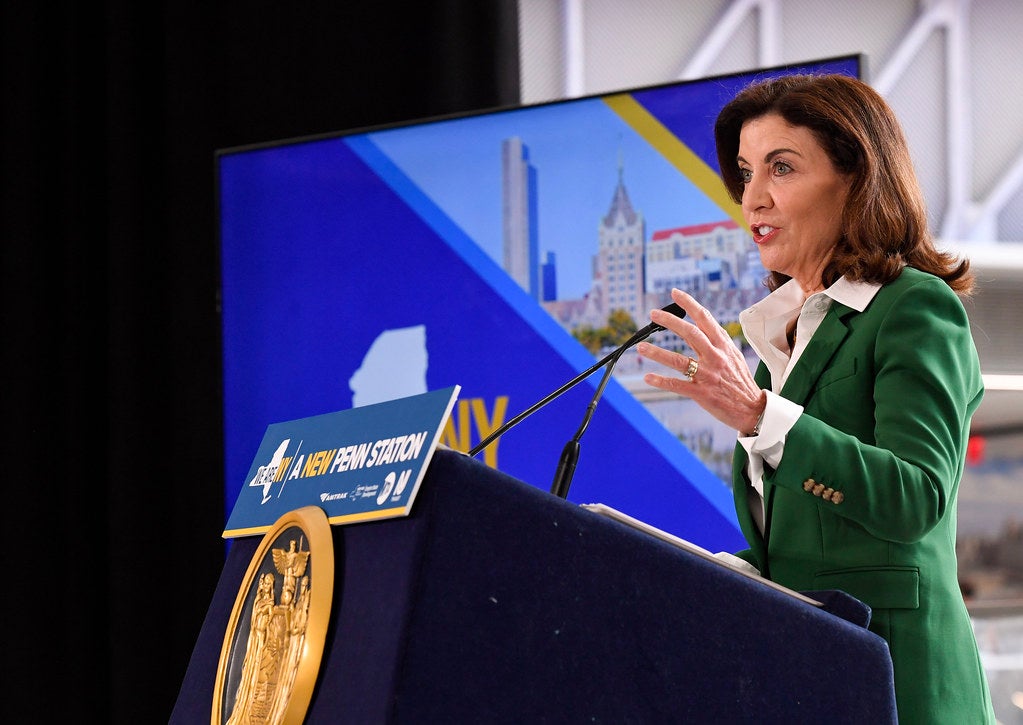Survey Designed to Support Legislative and Enforcement Efforts
The Aug. 6 edition of "The New Normal" webcast included multiple topics discussed by York, National Indian Gaming Association Conference Chair Victor Rocha, and the Executive Director of the National Indian Gaming Association, Jason Giles.
When sweepstakes casinos came up, there was a conversation about enforcement and legislation.
York said that the survey was conducted to assist in supporting action against the platforms.
“I think it just adds to the broader narrative,” York stated. “The research was conducted for two main reasons. We wanted to have evidence to push back on a lot of the nonsensical arguments that sweepstakes providers make. More importantly, we work a lot with some very important constituencies. When you go into a state, you could be walking into a room where a decision-maker knows everything about sweepstakes gambling, or you could go into a situation where the official has no idea how it works. This is key data for stakeholders to see who the players are, what the games are, how they work, why players are playing, how they perceive it, and how much advertising is ongoing. This research was really designed to provide data that rebutts the sweepstakes operators’ arguments and gives leaders an idea of who these companies are targeting.”
Rocha was a fan of the survey, saying “... your research really puts the nails in the coffin because it takes away the argument that this is just for entertainment.”
York Praises State-Level Action, Skeptical of Federal Enforcement
York also spoke regarding state-level action, complimenting New York's Attorney General Letitia James, who sent out many cease-and-desist letters early this year. York also noted that actions like that have led to a decline in the number of people playing sweepstakes casinos.
Additionally, he spoke about the pro-sweepstakes arguments, saying, “... a lot of these [pro-sweepstakes] arguments that are being made are starting to crumble under their own weak weight,” in York’s opinion.
While he commended the state-level action, he expressed skepticism regarding the federal government.
“I think it’s possible,” York stated. “I’m not convinced that you are going to see any kind of real legislative change from the US Congress. Hopefully, you will see more enforcement actions in regard to where current laws stand. We talk a lot with the federal government, and we are going to keep doing that. Hopefully, we can continue providing them with information to continue investigations. I think you are more likely to see something from the DOJ [Department of Justice] than Congress.”




































